From dearth of support and absence of basic knowledge, to forced feelings of secrecy, students say their experiences have been challenging
By Alex Muegge
Growing up, Joshua Scott said his devoutly Christian parents forced him and his siblings to attend home Bible study. One day, when Scott was 14 years old, his parents confronted him with suspicions of him being atheist.
Scott, now 22, said his parents told him atheism was unacceptable and that when he grew up, he’d go through some sort of arranged marriage where they would approve of the woman. Scott says he was also told he’d have to allow his parents to teach his spouse Christianity. This conversation quickly turned into an argument, one in which Joshua revealed to his parents their requirements would not apply to him because he wasn’t attracted to women.”
“My parents said that Marysville High School must be indoctrinating me and trying to brainwash me into thinking that being gay is like some sort of popularity trend and I’m falling for it,” said Scott, a gay man.
Shortly into his freshman year at Marysville High, a public school, Scott was pulled out. Over the course of three days, his family found a house and moved a city over, to Olivehurst, to enroll him in New Life Christian School.
“I probably had maybe a 25% attendance at best because I was getting threatened with suspension and expulsion every week just for being an out gay, and not conforming to their standards as a school,” Scott recalled.
He says the closest thing he got to sexual education at New Life Christian School was when a top school official made jokes about the school having a non-college accredited curriculum and not adhering to state standards.
“They decided that they would have parental-only sexual education,” Scott explained. “In the textbooks that they had, they quite literally ripped out the pages that would have involved sexual education.”
Scott’s experiences are common. In interviews with six students who attended different Christian high schools in the past decade, a majority expressed dismay about the lack of sex education. Some who identify as LGBTQ+ also said they felt isolated and afraid during their time in school.
The absence of sexual health in textbooks is allowed for California private schools.
According to certain sections of the California Education Code referred to as the California Healthy Youth Act, California public schools are required to teach students in grades seven through 12 comprehensive sexual health education and HIV prevention education.
This includes providing those students with the knowledge and skills they need to develop healthy attitudes concerning adolescent growth and development, body image, gender, sexual orientation and education regarding human development and sexuality, including education on pregnancy, contraception, and sexually transmitted infections.
Finally, according to California law, abstinence can be taught contextually within a broader comprehensive sexual education, yet the California Department of Education dictates that abstinence-only education is not permitted.
On the other hand, private schools are subject to two out of 12 sections in the California Education Code mandating areas of study that private institutions must include in their curriculum.
Sexual education curriculum is not included in these sections.
According to the education code, courses of study offered by a private institution are required to be submitted to the California Superintendent of Public Instruction. The code says that “the verification required by this section shall not be construed as an evaluation, recognition, approval, or endorsement of any private school or course.”
Additionally on the federal level, if a private school receives a grant from the U.S. Department of Education, it then must abide by federal civil rights laws enforced by the Department’s Office for Civil Rights including laws prohibiting discrimination, according to the Office of Non-Public Education.
However, at the federal level, sexual orientation and gender identity are not defined as grounds for cases of discrimination, as evidenced by the progress of the Equality Act currently sitting in the Senate. Though already passed in the House, the bill was last read twice and referred to the Senate Committee on the Judiciary on Feb. 23, 2021.
Scott’s experience at New Life Christian School is completely legal in the state of California.
St. Francis High School
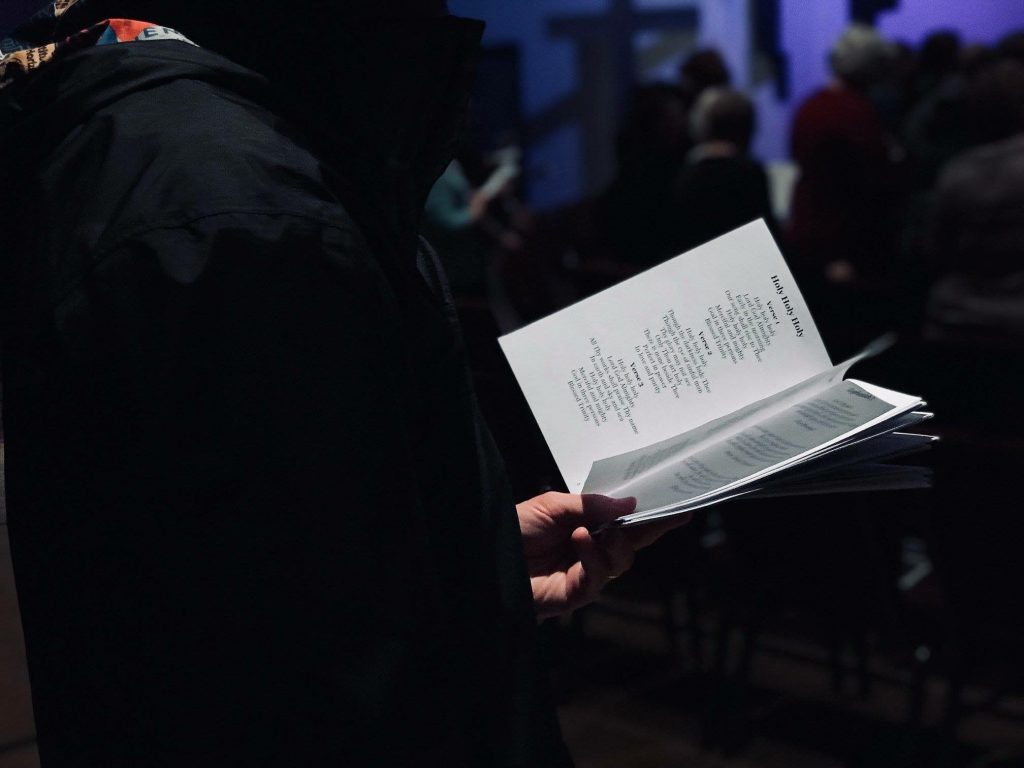
Ryan Baker, 27, attended St. Francis High School from 2009 to 2013. SFHS is a private all-girls school located on Elvas Avenue in Sacramento. Baker is a bisexual, transgender male who came out as bisexual in his junior year. He did not come out as transgender until 2018.
“Me saying I went to St. Francis like immediately outs me,” Baker said. “It’s my choice to disclose that I went to an all-girls school, but some guys that have transitioned have to work super hard to make sure that people don’t know, not because of their own shame, but because of repercussions from the public or their community or their work.”
He said that this encourages some transgender men to “go stealth,” which means they make an effort to walk around the world being viewed as a cisgender man so their immediate community does not know their transgender status.
Baker said a majority of the sexual education at St. Francis centered around purity culture.
“The thing that they’re harping on the most, the thing that they’re trying to drill in our education is ‘don’t be a slut’, ‘don’t be gay’ and certainly ‘don’t be a gay slut,’” Baker remembered.
He added that the school talked a lot about abortion in sex education, with an emphasis on how evil it is. At one point during his high school experience, he said a former SFHS official retold an account of being raped to advocate for anti-abortion platforms.
“She was saying how dangerous sex is and not how dangerous rape is,” Baker said. “It makes me really sad to think that this woman had to use her trauma to do a political thing for children. I don’t think anyone forced her to do that. I think she genuinely is a pro-life person and and wanted to share that message, but I don’t fully believe that it’s just her saying that either.”
Baker also recalled a transgender male student who refused to wear a smock for his senior portrait and instead took the picture in a tuxedo. The student opted out of being in the yearbook, printed out miniature copies of his portrait and passed it out to as many students as he could.
“I think, culturally, at the high school when I was there, the most beloved and most admired students were gay or trans,” Baker offered. “The difference is that we couldn’t be recorded in our school’s history, let alone receive awards, unless we were in the closet.”
One student, who asked to remain anonymous for fear of retaliation at home if their sexual and gender identity are revealed, attended SFHS all four years of high school. They identify as pansexual and nonbinary.
Regarding sexual education curriculum, the student said their teacher definitely covered consent and brought up sexually transmitted diseases, but the latter was brushed over.
“If anything, it kind of explained genitalia, but separately and not interacting at all,” the student said.
The student said they taught themselves LGTBQIA+ sex education on the internet using “a thread on Twitter or something” to obtain the information.
In a sexual education unit dictated by student questions, the source recalled an ordeal arising from their teacher outing a lesbian student while answering sexual health questions.
“[It] caused a really huge outrage [and] backlash from students, and I guess the teacher got a lot of shit from it,” the source said. “But, I don’t think the faculty ever did anything to her personally.”
Tina Tedesco, St. Francis’s director of strategic marketing and communications, said the school does not have a sexual education course or sexual education classes specifically when asked about the school’s policy on same-sex sexual education.
Tedesco acknowledged what SFHS teaches in the classroom is governed by the Catholic church’s teaching and questions regarding gender identity and LGBTQ issues need to be referred to the Catholic Diocese of Sacramento.
Bryan Visitacion, director of media and communications for the Catholic Diocese of Sacramento, declined to comment.
Christian Brothers High School
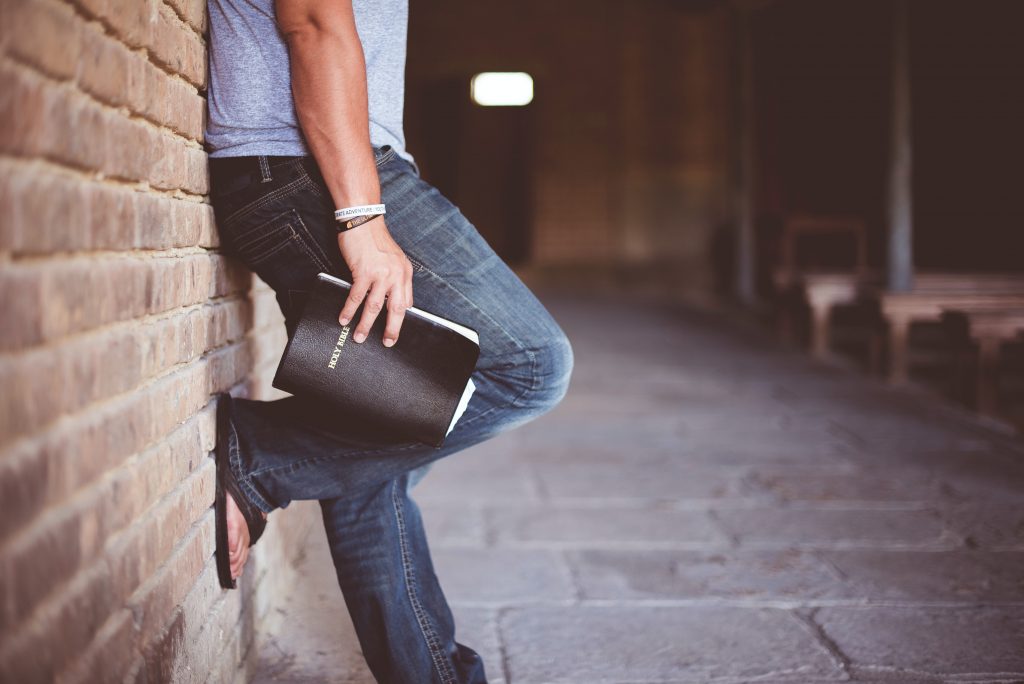
Christian Brothers High School is a private school located in Oak Park. Here, the sexual education courses are taught by the religious studies teachers, and it is a unit part of a much larger religion class, according to alumni.
Michael Mucheru, 22, identifies as queer, gay and uses he/him pronouns. He attended CBHS from 2014 to 2018.
Mucheru said during his time at Christian Brothers, he could not recall being taught about condoms or other contraceptives but was sure curriculum did not cover same-sex sexual health including, but not limited to, how to avoid STDs/STIs.
He also said that many LGBTQIA+ students took comfort in the Dignity Club because although it was not explicitly queer-titled, the connotation on campus was that the club was queer-affiliated.
“When nobody wants to talk about anything relating to fairness, it definitely feels isolating,” Mucheru said.
Seth Scott, 21, who isn’t related to Joshua Scott, became co-president of the Dignity Club at the start of their sophomore year in 2016. The club name was then changed to Diversity Club.
Seth Scott identifies as queer and gender fluid, which they said falls under the same umbrella as nonbinary people. They use they/them pronouns.
It was at the beginning of Seth’s junior year in 2017 that the school allowed them to use the word “Pride” in the club’s title.
“[The school said] ‘OK, we’re gonna allow this but it still needs to be under the wraps,’” Seth said. “It was more so parents wouldn’t fear this, see this, freak out and attack the school.”
Seth Scott also said athletes on campus would hover around the Pride Club table on Club Day to intimidate potential signees.
“The jocks on campus, the sports guys, they would be huddled towards the front of my table and scope out anyone who’s watching to deter anyone from signing up,” they said.
They said the “hottest” clubs on campus were the pro-life club and the young conservatives club, and it felt like everything queer went against those things.
Principal Annemarie Bacich said that as a private, Catholic and Lasallian high school, CBHS’ school culture and curriculum are rooted in the Lasallian Catholic mission posted on its website.
The mission web page also contains CBHS’ strategic priorities under which it states student life aims to “develop and support a school environment that is appropriately sensitive to the cultural diversity of the student body to meet the particular needs of students, especially the marginalized.”
“We are deeply sorry to learn that any student felt a lack of support at Christian Brothers High School and grateful that the Dignity Club provided a place of belonging,” Bacich said via email. “While CB’s student clubs change each year based on student interests and leadership, I’m pleased to share that the Dignity club, now known as PRISM, continues to meet and support students.”
Jesuit High School
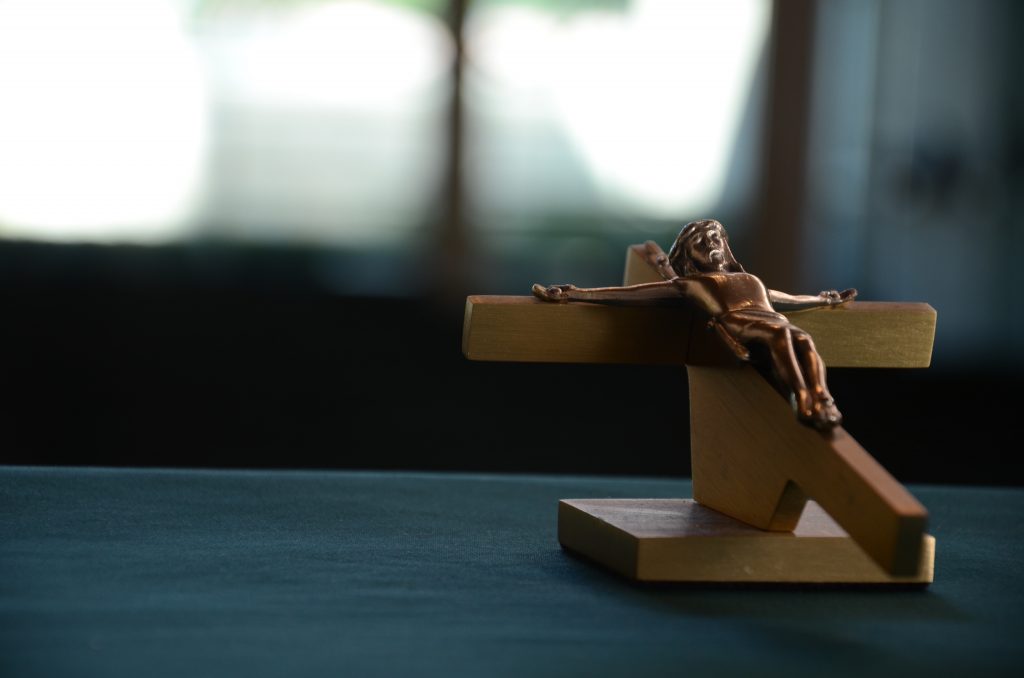
Iain Murphy, 27, attended Jesuit High School, a private school on Jacob Lane in Carmichael, from 2009 to 2013. Murphy, a heterosexual male, said that instead of taking physical education classes, a student could participate in a sport.
Murphy played water polo and was on the swim team. He said his sexual education curriculum mostly consisted of missing band class to go see the school nurse one day, watch a video and answer a questionnaire to prove he was paying attention.
Murphy said he was fairly certain the sexual education curriculum discussed abstinence and did not mention contraceptives. He said he could not recall if there was LGBTQIA+ representation in the curriculum.
“I would imagine being a gay person would have been challenging,” Murphy said. “I think a lot of it was because it was an all-guys school; it was just toxic masculinity. You put a bunch of teenage boys in a room, the one person that’s different would get picked on. Being gay would probably have been seen as different.”
Elizabeth Sands, JHS director of marketing and communications, referred questions about Jesuit High School’s sexual education curriculum to the Diocese of Sacramento, Jesuits West Province and the Jesuit Conference headquartered in Washington D.C.
When asked to respond to Murphy’s description of the Jesuit experience, Sands said she is “just the intake person” and would have to take in a request to get an interview. Later attempts to get an interview were not granted.
At Jesuit High, students can join the All Love Alliance club that serves “to promote an understanding and acceptance of each individual student…which includes an open dialogue about being gay, bisexual, trans, or questioning at Jesuit.”
St. Charles Borromeo School
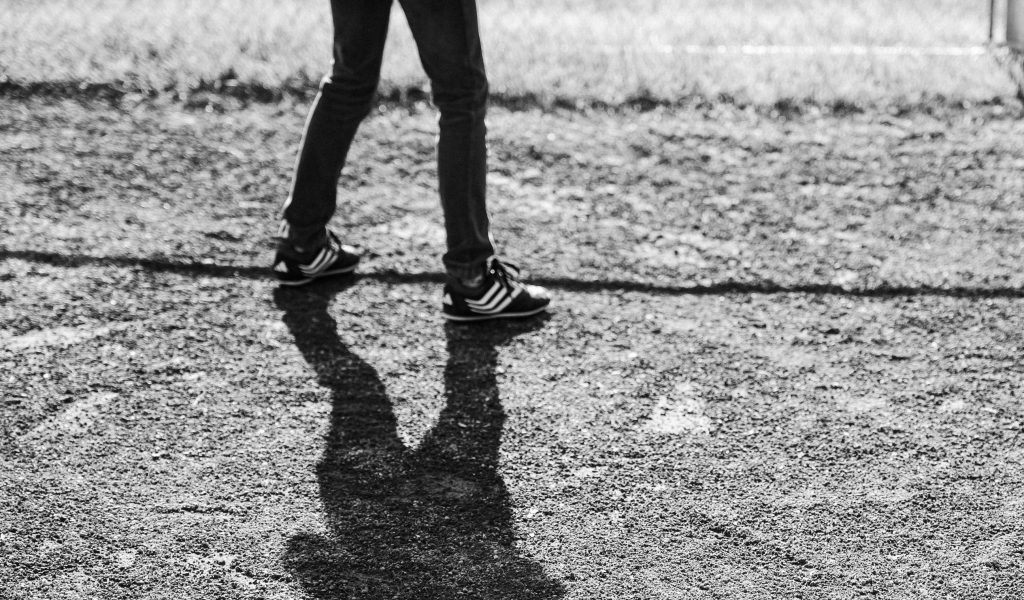
Mucheru, along with story’s anonymous student source, said their experiences at St. Charles Borromeo School – a private K-8 school on Center Parkway in Sacramento – were similar to those at Christian Brothers and St. Francis.
Mucheru attended St. Charles Borromeo from kindergarten through eighth grade, from 2005 to 2014, and while he experienced feelings of homosexuality, he said he could not identify them back then.
“I feel like I maybe just never had the words to say that I was gay as a elementary schooler or a middle schooler,” he explained. “I do remember that I had my first crush when I was around 11. The way I was [at St. Charles] people mostly saw me as this feminine little boy. Nobody would ever explicitly call me gay.”
The aforementioned anonymous source from St. Francis also attended St. Charles Borromeo. They said that during their time at the K-8 school, they were required to meet with a priest for confession.
“You have to tell the priest all your sins in order to be forgiven,” the source said. “I went up to the priest [and said] the typical ‘I argue with my parents. I back talk.’ Then, I asked him, ‘God knows the sins I’ve made, right?’ He was like, ‘Yeah.’ ‘Even if I don’t say it?’ [He said], ‘Typically, but you have to tell me the sin for the confession. That’s the whole point of confession.’ And I just absolutely refused to tell him that I was gay or I had these questioning thoughts.”
The source said they still consider themselves a member of the Catholic church.
“I think it’s still nice to have something religious that you could relate to,” they noted. “I think what I am right now is nothing against what God says. This hurt; I should think this from people who believe in God. God himself is not the problem, but the people who want to be radicals about it are the issue.”
Principal Antoinette Perez declined to respond to questions about how sexual education is taught at St. Charles Borromeo School.
New Life Christian School
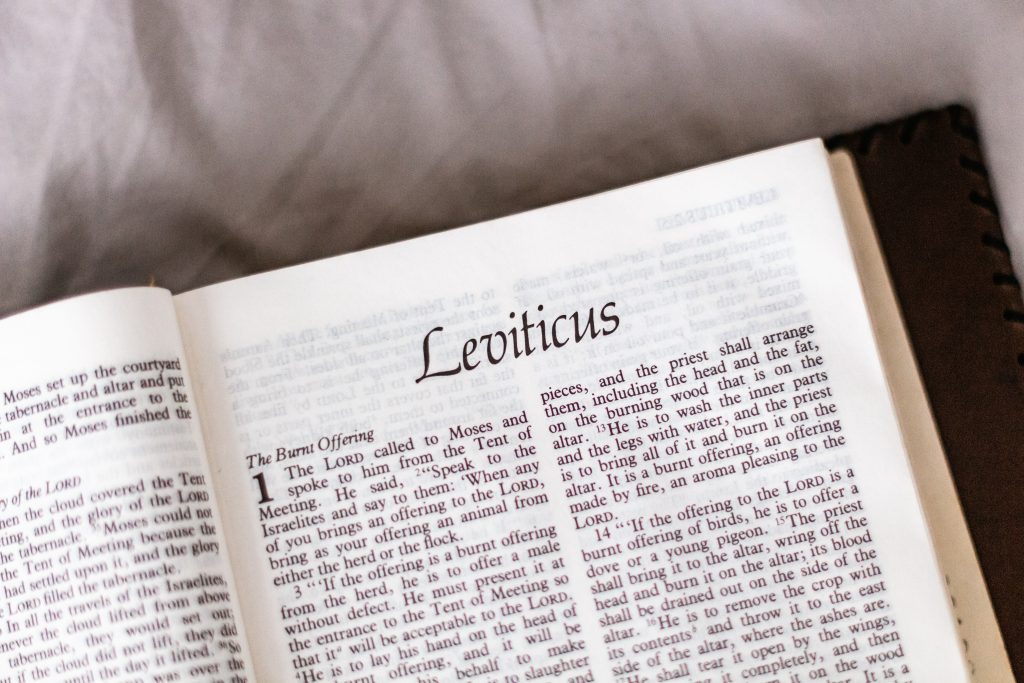
Joshua Scott said in his first week of being at New Life Christian School in 2014 he was targeted by staff and faculty for being out.
A secretary at New Life Christian School said by phone that school officials were not available for comment.
But for Scott, the memory is still very fresh in his mind.
“[A school official] had actually called me into his office to tell me that there were rumors going around that I was presenting myself as gay, and he proceeded to pull out the school rulebook and show me that being gay is not allowed,” Scott stressed. “He did proceed to ask me about my sexual fantasies [and] sexual desires.”

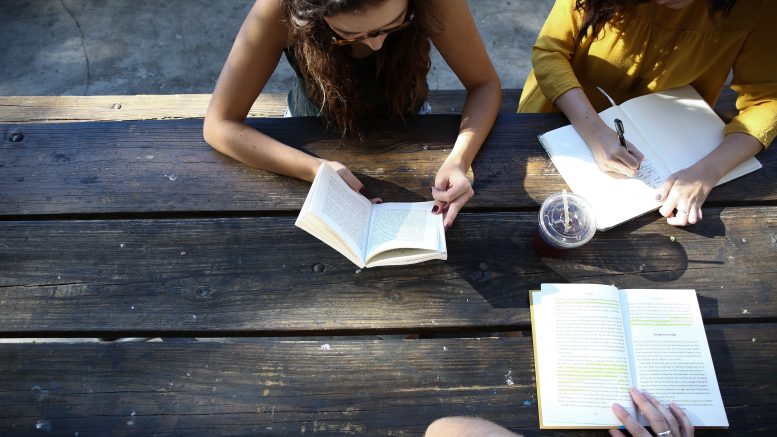
Be the first to comment on "For LGBTQ+ students in Sacramento’s Christian schools, lack of sexual education creates a black hole of identity and health risks"